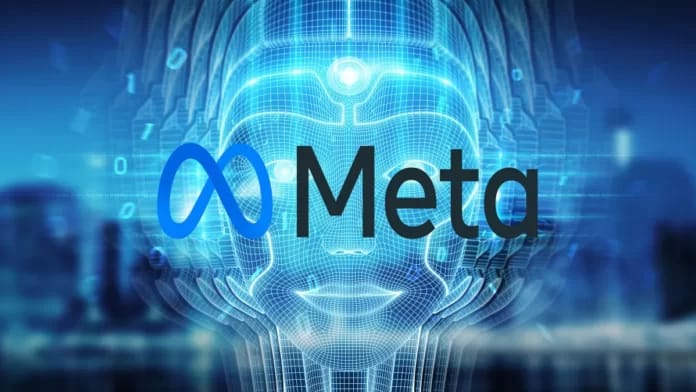
Meta has launched its latest artificial intelligence (AI) models, the Llama 4 series, introducing significant advancements in AI capabilities.
The lineup includes Llama 4 Scout, Llama 4 Maverick, and the forthcoming Llama 4 Behemoth, each designed to enhance AI interactions across various platforms.
Llama 4 Scout is a compact model with 109 billion total parameters and 17 billion active parameters, utilizing 16 experts. It features an industry-leading context window of up to 10 million tokens, enabling efficient processing of extensive text sequences.
This model operates seamlessly on a single Nvidia H100 GPU, making it accessible for organizations with limited computational resources. In performance benchmarks, Llama 4 Scout has demonstrated superior capabilities, outperforming competitors such as Google’s Gemma 3 and Mistral 3.1
Llama 4 Maverick boasts 400 billion total parameters with 17 billion active parameters and 128 experts. It offers a one million token context length, facilitating sophisticated AI interactions.
Maverick also excels in coding and reasoning tasks, delivering performance comparable to OpenAI’s GPT-4o and DeepSeek-V3, while utilizing fewer active parameters. Its advanced multimodal capabilities allow it to process and understand both text and images, enhancing user experiences across various applications.
Also Read: Impact of Trump’s tariffs on iPhone prices
Llama 4 Behemoth is a massive model with 2 trillion total parameters and 288 billion active parameters, utilizing 16 experts. Currently in development, it is anticipated to surpass existing models like GPT-4.5 and Claude Sonnet 3.7 on STEM benchmarks.
Integration and Accessibility
These models are integrated into Meta’s AI assistant, now available across platforms including WhatsApp, Messenger, Instagram, and the web.
This integration aims to provide users with more personalized and context-aware interactions to enhance the overall user experience.
Developers can access Llama 4 Scout and Llama 4 Maverick through platforms like Amazon SageMaker JumpStart, with plans for availability in Amazon Bedrock.
While Meta promotes these models as open-source, there are licensing restrictions for commercial entities with over 700 million monthly active users, requiring them to seek permission from Meta before utilization. This stipulation has sparked discussions within the open-source community regarding the true openness of the models.
Meta plans to talk more about these developments at the upcoming LlamaCon conference on April 29, where further insights into the Llama 4 series and future AI initiatives are expected to be shared.





